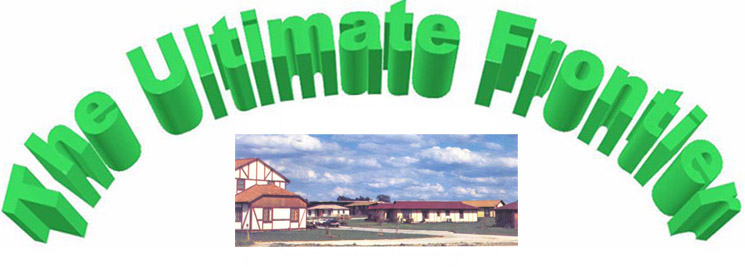|
|
||
|
|
ESSAY ON TIME There is a time to be born, and a time to
die. It is the interval between that is our concern. How we utilize this
life’s time determines our Egoic growth for this incarnation. Prior to coming to Stelle
our Egoic growth has been helter-skelter at best, but we wanted something
better for ourselves. We made a decision and we are here now. We established
a lifetime goal to participate in the Great Plan of the
Brotherhoods and at the same time advance our Egoic development. No
goal is ever achieved without time expended toward
its accomplishment. The goal-achieving person has learned one
of the important lessons of life — the art of budgeting time. Good use of
time is a habit. One can change time-use habits such as procrastination, indolence
and listlessness by concentrated effort. He cannot recover lost time, but new
habits will help assure the best use of time remaining. Proper time
utilization will find us saying less and less, “I would like to help, but I
don’t have the time.” The person who accomplishes much is
likely the one who has learned to manage time wisely. It is the busy person
who can be asked to do more and is most apt to
accomplish the task. He has developed some wise time habits and the momentum
of a well-established habit will move him toward success. The proper management of large blocks of
time is a fine beginning, but making use of the bits and snatches of time,
ten minutes here and fifteen there, may well be the difference in achieving a
goal. One may feel there is so much to be done that
he cannot possibly do it all. It is true that you cannot do it all at once.
However, you can achieve if you begin, then establish intermediate goals determined
by your larger, long-range goal. It then becomes an easy matter to decide to
study the lessons instead of watching a television program or chatting over
the telephone. It becomes easy to say I don’t have
the time to chat right now; I need to do my committee report. There is no such thing as “between
times.” When you are “between times,” you are between decisions. Decisions
and wise use of time are inseparable. In establishing and attaining our
goals, we set a value on them or give them priorities. Knowing how to set a
true value on time and apportioning it wisely means more right decisions are made. Personal interest may directly influence
a person’s decisions, but this need not be so. We may consciously choose to
do the less desirable or more difficult task simply because we know that it must be done. We can use this self-discipline as a
learning device that will move us more surely toward our main goals. We need
not always choose the difficult task, but then neither is it to be avoided and put off until another day. The person who
operates at an optimum level juggles the fun, the difficult, the challenging
and the routine in a balanced manner. There is a need for pleasant diversion
and relaxation; however, the value placed on leisure time by present social
standards is highly overrated. Grandma may have been wiser than we realized
when she said, “Idle hands are the devil’s plaything.” Experience has shown
that time well used leaves less openings for
negative influences. The truly self-directed person even structures his
so-called leisure time. The Great Plan is not a project one
enters into half-heartedly. It is one that
inherently deserves the individual’s total involvement. Stelle Group members have been asked to give a time tithe toward this goal. The
time tithe is a two-way tool; it enables the individual to set a weekly goal
and in turn it gives The Stelle Group blocks of time which can be used when
planning projects and making decisions. Time cards have
been designed for mutual convenience in evaluating the use of time. Priority job lists have been established by the Economic Planning
Council with the prime consideration being the overall Stelle Group
goals. The time tithe requests a minimal amount
of an individual’s time. The word ‘tithe” means “tenth part. In order to
build Stelle, excess service is needed. This means
even more than the giving of a time and a money tithe. The Stelle Group must not be limited by minimums. We are here by our own decision. The
building of Stelle and the forwarding of the Great Plan await our action. The
success of these undertakings require the best use
of each individual’s time. The Egoic growth inherent in the participation is
ours for the taking. ∆ |
|
|
|
|
|
